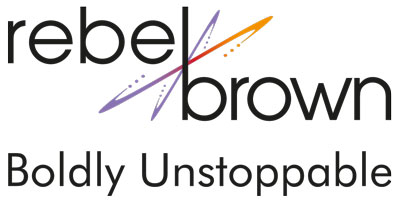There always seems to always be a big hoopla around a company rebranding. After all, it’s the perfect way to change the perception of an organization or product in the market. At least that’s what we think, based on our past experiences.
In the high tech space, I think it’s a way to waste a lot of money in an attempt to distract from bad news that your market already knows. And is responding to.
As we have moved into the digital world with empowered buyers, rebranding seems like the ostrich approach to dealing with bad news, bad behavior, bad results or just plain bad business.
I still do not understand why anyone would think buyers forget because of a new logo and tagline. I think it’s because back in the day, when buyers actually needed vendors to get any information, they might forget. After all, that screw up wasn’t front and center on every screen back then, now was it. Nor was bad news the trigger for social media frenzies.
Times have changed.
Why Rebranding is Like an Ostrich
I watched Facebook rebranding into Meta as the company faced all kinds of less than positive news, commentary and examination. I shook my head, wondering what it would be like to waste all that money to hopefully distract from a stack of negative headlines about Facebook and its business practices, not to mention its founder.
Now we have a similar situation as Twitter flips the bird to bring on the X. I’m doing more than shaking my head now.
As if throwing away a beloved brand, after complete and utter chaos, is going to make users and advertisers come back in droves. Forget the hate speak, forget the chaos, forget the dramatic revenue dip, forget it all.
That’s not gonna happen simply because of an X* that marks the spot of insanity run aMusk. But sure, let’s all put our heads in the sand and believe in the power of the X, or any other logo.
That’s another thing about rebranding. It’s usually done for the ego, not for a valid business reason. And while ego and big money can get you a lot of attention, it can’t erase the intelligence of your markets. Not with today’s empowered buyers. Sure, you’ll have your cult that loves your company and products who will drink that rebranding Koolaid and bury their brains in it. But rarely is that cult your major source of revenue.
Rebranding Won’t Stop the Nightmare
I’ve rebranded 30 or so firms in my consulting business. Primarily back in the 90s, before the world became digital.
It was exciting to my young marketing self. So many things to do, so many updates and changes. Not to mention the excitement of rolling that cool new logo and tagline and goodies to the company. Whoohoo.
I know better now. I’ve come to realize that in high tech, and yes, even consumer high tech, the brand is important. But it doesn’t drive business success.
Business success comes from products and services that positively impact buyers. It comes from organizations that are trusted because they deliver, tell the truth and resonate with those same buyers.
When you screw up, rebranding is not going to stop the PR and digital juggernaut.
Buyers may not understand deep tech but they notice and act on bad behaviors, bad news, bad executives, bad customer experiences.
There’s not a new logo ion the world that will change their minds. Being honest and stepping up with noticeably good behaviors, executives, customer experiences and more will.
The Bottom Line
All too often, rebranding is the ostrich way out of a bad business situation. It is also too often the way to “mark” new turf you want to use as a distraction from your current position.
That’s not helpful to our markets. Or our employees, who shake their heads and wonder where the money came from and why more of it isn’t in their paychecks.
When you screw up, and we all do, the answer is not to pull an ostrich.
The answer is to stand tall, tell the truth, admit whatever happened, tell your audience what you are doing to change or fix it, and then deliver the evidence again and again that you’ve done just that.
That’s called good business, and integrity above all else. We seem to be losing that more frequently in today’s world. Which means it gives you even more distinction when you step up.
Unless you intend to continue with those bad behaviors. In that case, X might just mark the spot.
______
* And not just any X, an X trademarked by two competitors, in very specific ways that surely do apply to this business of X, formerly known as Twitter.





